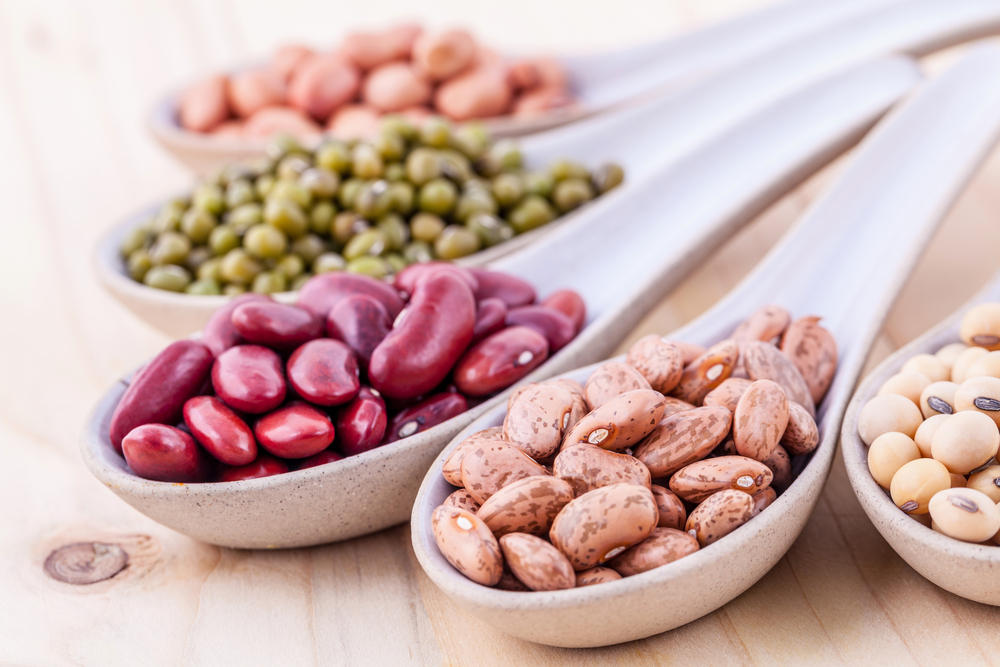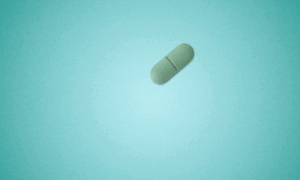A simple cup of beans—costing less than a dollar—might hold the key to restoring healthy cholesterol levels, according to recent research.
In a 12-week study, individuals with prediabetes who incorporated chickpeas into their daily diet experienced a remarkable nearly 15-point reduction in cholesterol. Meanwhile, those who enjoyed black beans saw a 27 percent decrease in a crucial inflammation marker associated with heart disease and diabetes.
Significant Health Improvements
The study, recently presented at Nutrition 2025, the annual meeting of the American Society for Nutrition, tracked 72 adults with prediabetes randomly assigned to eat one cup daily of either black beans, chickpeas, or white rice as a control. Lead researcher Morganne Smith, a doctoral candidate at Illinois Institute of Technology, measured cholesterol, inflammation markers, and blood sugar at the study’s start, midpoint, and conclusion.
“Individuals with prediabetes often exhibit impaired lipid metabolism and chronic low-grade inflammation, both of which can contribute to the development of conditions like heart disease and type 2 diabetes,” Smith said in a statement. “Our study found that bean consumption helped significantly lower cholesterol and reduce inflammation in people with prediabetes, although glucose levels were not changed.”
Those eating chickpeas saw their total cholesterol decrease from an average of 200.4 milligrams per deciliter to 185.8 milligrams per deciliter, a reduction that moves participants from borderline high to normal cholesterol levels according to American Heart Association guidelines.
Furthermore, participants eating black beans showed a significant drop in interleukin-6, an inflammation marker, from 2.57 picograms per milliliter at the start of the study to 1.88 picograms per milliliter after 12 weeks, about a 27 percent decrease.
However, the researchers observed no significant changes in participants’ blood sugar markers, the primary concern for prediabetic patients.
Good for Everyone
“Our study showed the benefits of consuming beans in adults with pre-diabetes, but they are a great option for everyone,” Smith stated, emphasizing that the study findings could be used to inform dietary guidelines, clinicians, or public health programs focused on preventing heart disease and diabetes.
While researchers recommend swapping beans, whether canned, dried, or frozen, for less healthy options as a simple way to support health—they advise being mindful of added ingredients like salt or sugar in store-bought beans.
“There are a lot of ways to incorporate beans into your regular diet as a cost-effective way to support overall health and reduce the risk of chronic diseases,” Smith said. “You can blend them to add some thickness to a soup base, add them as a salad topping, or pair them with other grains like rice or quinoa.”
Looking ahead, the team plans to study how eating black beans and chickpeas affects gut health to better understand the link between the gut microbiome and metabolic health.
Why Beans May Work
Joan Salge Blake, a nutrition professor and registered dietitian nutritionist at Boston University, and author of “Nutrition & You,” who was not involved in the study, told The Epoch Times that beans are a good source of potassium and fiber, “two nutrients Americans, on average, are falling short of in their diet,” she said.
Beans and chickpeas are high in viscous, soluble fiber, which is why they help lower blood cholesterol levels, Blake said. Soluble fiber interferes with the reabsorption of bile acids in the intestines, she said.
“Bile acids are high in cholesterol and are released into your intestine by your gallbladder to help with the digestion of fat,” Blake added. “The bile acids are ‘grabbed’ by the fiber before they can be reabsorbed by the body. These acids end up being excreted along with the fiber in your waste products.”
Finally, the body replaces lost bile acids by removing cholesterol from the blood to generate new bile acids in the liver.
“Blood cholesterol levels are lowered as a result,” Blake said.
Beans help reduce inflammation through their high fiber content, which supports a healthy gut microbiome that produces anti-inflammatory compounds. Beans also contain phytochemicals, particularly anthocyanins, which have antioxidant and anti-inflammatory effects.
Beans and chickpeas can be an affordable way to stretch the weekly food budget, Blake said.
“With escalating food prices, these beans are a major nutrient bargain to use daily at your meals,” she said.
Beans are also a source of heart-healthy protein. Emily Feivor, a dietitian at Northwell Health in New York who was not involved in the study, said that a half of a cup of beans has about 7 grams of protein, roughly equal to the amount in one ounce of chicken.
“Adding more plant-based food items to our diet is favorable in many ways and is encouraged in order to improve our quality of health,” she said.
However, some people may experience digestive discomfort when suddenly increasing bean consumption. Nutritionists recommend gradually incorporating beans and choosing low-sodium canned varieties or cooking dried beans from scratch.
Feivor said it’s best to choose products labeled “sodium-free” or “low-sodium” and make sure there are no added sugars listed on the nutrition label.
“If there happens to be either one, rinse them off before consuming,” she said.














